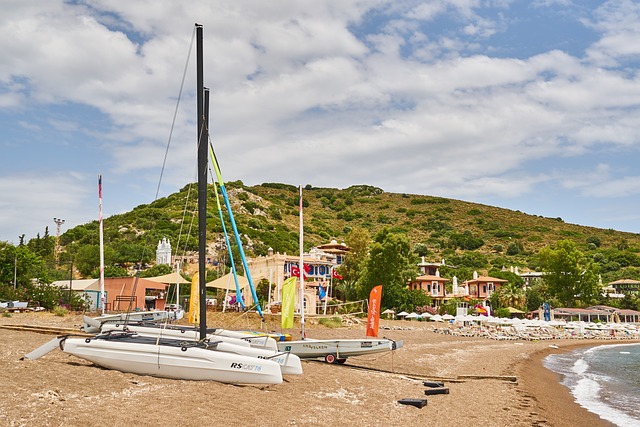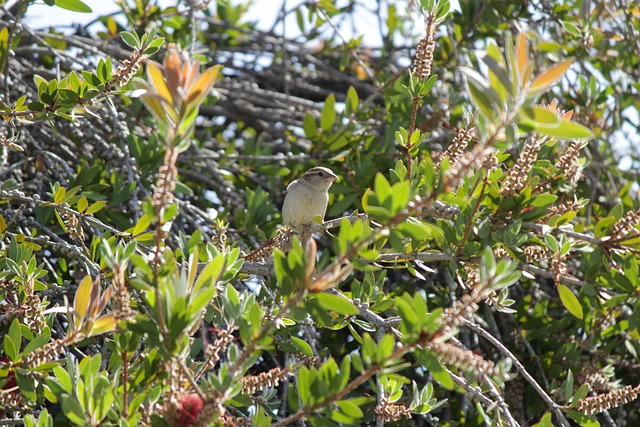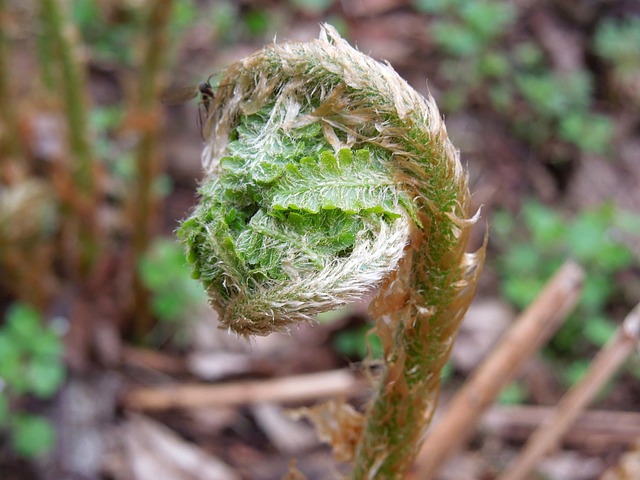fao roulette ❤ FAO Roulette: A High-Stakes Game in Global Food Security

FAO Roulette: A High-Stakes Game in Global Food Securityfao roulette

In a world where food security is a rising concern, the intricate dance of politics, trade, and agriculture takes center stage in what can only be described as a game of FAO Roulette. The Food and Agriculture Organization, a specialized agency of the United Nations, finds itself at the intersection of policy-making and the stark realities of hunger and malnutrition. As nations navigate their agricultural strategies, the stakes have never been higher, and the consequences of miscalculations can reverberate across continents.
At the heart of this high-stakes game lies a paradox. On one hand, advancements in agricultural technology and practices offer unprecedented opportunities for increasing food production. Farmers are now equipped with tools and knowledge that were once thought to be the realm of science fiction. Genetically modified organisms, precision agriculture, and sustainable farming techniques promise to boost yields and reduce environmental impacts. Yet, on the other hand, these innovations can exacerbate existing inequalities and create dependencies that undermine local food systems.fao roulette
The reality is that while some regions are experiencing agricultural booms, others are grappling with the effects of climate change, conflict, and economic instability. This disparity paints a troubling picture of a world where food is plentiful for some, but scarce for many. The FAO stands as a beacon of hope, advocating for a more equitable food system, yet the challenges it faces are daunting. The agency is tasked with not only addressing immediate food shortages but also with laying the groundwork for sustainable practices that can withstand the test of time.fao roulette

As countries engage in what could be likened to a roulette game, the stakes are set by factors such as trade agreements, subsidies, and international relations. The interconnectedness of global food markets means that decisions made in one part of the world can lead to ripple effects elsewhere. For instance, a drought in a major grain-producing nation can lead to soaring prices and food shortages in regions that rely heavily on imports. Conversely, a surge in production in one country may lead to a glut, driving prices down and threatening the livelihoods of farmers in other nations.
The FAO's role in this complex dynamic cannot be overstated. It acts as both a mediator and a guide, striving to balance the competing interests of nations while promoting sustainable agricultural practices. The organization champions initiatives that prioritize food security, empowering local farmers and communities to take charge of their agricultural futures. However, the challenge remains: how to implement these initiatives in a way that transcends political agendas and fosters true collaboration among nations.
As the world spins the wheel of FAO Roulette, it is essential to recognize the implications of our choices. The consequences of inaction are dire. As global populations continue to rise, the demand for food will only increase. Failure to address the gaps in food production and distribution will lead to heightened tensions, social unrest, and further entrenchment of poverty. The organization's call for a united front against hunger and malnutrition must resonate with policymakers who hold the keys to change.
Moreover, the conversation surrounding food security must evolve. It is no longer sufficient to view agriculture solely through the lens of production. The emphasis must shift towards sustainable practices that consider environmental stewardship and social equity. The FAO advocates for a holistic approach that integrates the needs of farmers, consumers, and the planet, recognizing that food security is not just about quantity, but quality.
In this era of uncertainty, the FAO's vision for a world free from hunger and malnutrition is both ambitious and necessary. Yet, achieving this vision requires a collective commitment to change. It necessitates a willingness to engage in the complexities of global food systems and to confront the challenges that lie ahead. As nations place their bets in this game of FAO Roulette, it is imperative that they do so with foresight and responsibility.
In conclusion, the stakes in the realm of food security are undeniably high. The FAO stands at the forefront, guiding nations through the intricate web of agriculture, policy, and sustainability. As the wheel spins, it is crucial that we recognize the power of our choices and the impact they will have on future generations. The time for action is now, and the world must unite to ensure that the game of FAO Roulette leads to a brighter, more equitable future for all.
Fale conosco. Envie dúvidas, críticas ou sugestões para a nossa equipe através dos contatos abaixo:
Telefone: 0086-10-8805-0795
Email: portuguese@9099.com


